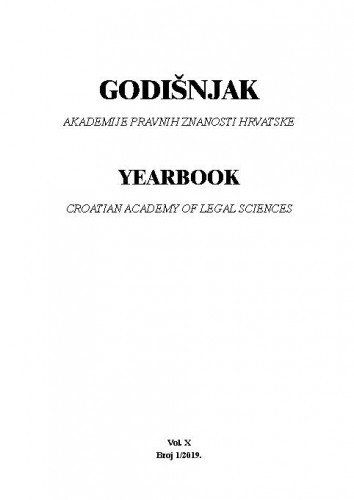Atenska se državna blagajna punila na razne načine i raznim sredstvima da bi prikupljena sredstva mogla biti utrošena za javne potrebe. Dio sredstava potjecao je od poreznih davanja, ali atenski polis nije imao opću poreznu obvezu, a postojeći su porezi manje donosili u njezinu blagajnu od davanja koja su bila dobrovoljna, povremena i često izdašna. Suvremena poreznog platca to može zbuniti do te mjere da najvažnijemu ratnom prinosu „eisphori“ te liturgijama pripiše svojstva poreza. Čini to većina autora, no smatramo da za to nema potrebe. Upravo suprotno, to što „eisphora“ i liturgije nisu porezi, od posebna je značenja za pravu sliku atenskog društva i demokraciju u kojoj oni kojima je polis najviše omogućio podnose teret i za one kojima to polis ili nije omogućio ili nisu bili za to predodređeni po svojim sposobnostima.; The state treasury of Athens was filled in various ways and with various means so that the collected funds could be spent for public needs. Some of the funds came from taxes, but the Athenian polis did not have a general tax liability, and the existing taxes brought less to its treasury than voluntary, occasional, and often generous donations. This may be so confusing to the modern tax payer that he could mistakenly attribute the tax status to the most important war contribution of "eisphora". In this respect we disagree with most authors on the subject. The fact that "eisphora" and the liturgies are not taxes is a matter of special importance for the true image of the Athenian society and democracy in which those who profited most from the polis carried the burden for those who profited less due to unfavourable circumstances or their own inadequate abilities.
Sažetak

 Godišnjak Akademije pravnih znanosti Hrvatske : Yearbook Croatian Academy of Legal Sciences : 10,1(2019) / glavna urednica, editor-in-chief Irena Majstorović.
Godišnjak Akademije pravnih znanosti Hrvatske : Yearbook Croatian Academy of Legal Sciences : 10,1(2019) / glavna urednica, editor-in-chief Irena Majstorović.